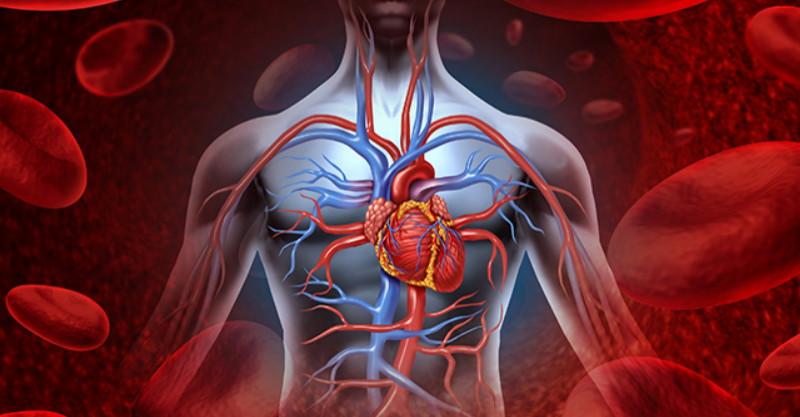Phthalates are chemical compounds primarily used in plastics. Past research has identified a link between phthalates and cardiovascular disease,¹ and a recent study² has helped to identify at least one mechanism linking phthalate exposure to cardiovascular disease.
A review published in 2016³ showed that there was a significantly increased risk to cardiovascular disease and infertility with phthalate exposure. Despite phthalates having been first introduced in the 1920s and gaining popularity in 1931,4 there are few studies comparing exposure to phthalates with atherosclerosis, arrhythmias, hypertension and hypertension in pregnancy.5






